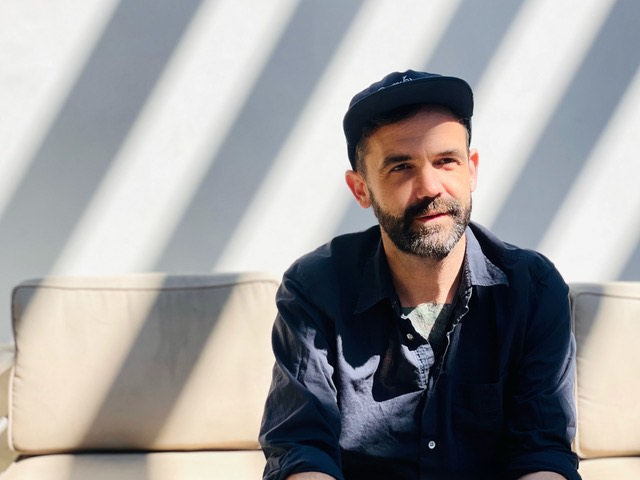Tribal Disenrollment has set a Dangerous Precedent for Human Rights Violations:
Disenrollment shows that citizenship, identity, and rights can be stripped away without due process. If this can happen within sovereign tribal nations, it sets a troubling example for other governments or organizations to violate human rights under the guise of "internal matters."
How can we, as a society, claim to stand for justice when we ignore the systematic erasure of Native Americans from their own tribes? Tribal disenrollment isn’t just an internal issue—it’s a human rights crisis that has stripped over 10,000 individuals of their citizenship, identity, and ancestral ties. While Native leaders often demand justice for centuries-old grievances like stolen land, voting rights, and broken health care systems, many of these same leaders actively strip those very rights from their own people. This hypocrisy not only devastates the lives of those disenrolled but also undermines the broader fight for Native justice. If we allow these injustices to continue unchecked, we send a chilling message: that sovereignty can shield oppression, that human rights violations are acceptable, and that justice is only for some, not all.
Trust in Sovereign Governance:
Tribal sovereignty is meant to protect and uplift Native communities, but when it is used to disenfranchise members, it casts doubt on the integrity of self-governance. This skepticism can spill over into broader discussions about autonomy and governance in other contexts.
Challenging Broader Civil Rights Protections:
Allowing disenrollment to go unchecked signals that some communities are above the law when it comes to respecting civil and human rights. This weakens the precedent for protecting rights in other marginalized or minority communities.
Fostering Inequality in Federal Oversight:
Tribes that disenroll members often continue to receive federal benefits meant for those they’ve ousted. This misuse of resources represents an injustice to taxpayers and a failure of accountability that could embolden other groups to abuse similar systems.
Undermining the Concept of Citizenship and Identity:
Stripping people of their tribal identity resonates with broader debates about the stability and sanctity of citizenship in the U.S. If citizenship and identity can be arbitrarily removed in one community, it raises questions about protections in others.
Tribal Disenrollment a Violation of Human Rights:
Disenrollment cuts individuals off from their cultural identity, religious practices, political participation, and ancestral connections. Imagine being told you no longer belong to your own family or heritage. This is the ultimate act of isolation— a lifetime sentence of separation and erasure.
It Undermines Tribal Sovereignty:
Disenrollment threatens the integrity of tribal governance, providing skeptics with ammunition to argue that tribes cannot handle membership issues without external interference. Sovereignty should never be a shield for injustice.
It Reflects on All of Us:
Shouldn’t casino patrons, hotel guests, or concertgoers wonder: If a tribe will betray its own people, can I trust them? Disenrollment harms not only the disenrolled but also the reputation of tribal nations as a whole.
It Betrays Tribal Values:
Disenrollment is not the Native way. Historically, it was rare and reserved for only the most extreme cases. Today, it’s being called a “new genocide”—a systematic destruction of families and identities by those elected to protect them.
A Call to Action for ALL OF US
We cannot ignore the theft of tribal heritage and the crimes against Native people. The media must shine a light on these injustices. The public must demand accountability. Here’s how you can help:
Boycott Offending Tribes: Stop patronizing casinos, hotels, and businesses owned by tribes that disenroll their members. Instead, support tribes that uphold civil rights and protect their people.
Demand Federal Accountability: Call on the Department of the Interior and Congress to enforce laws, amend protections, and ensure tribes cannot use sovereignty as a shield for corruption.
Speak Out: Amplify the voices of disenrolled individuals. Share their stories, write to your representatives, and demand justice.
Disenrollment is a Moral Issue
When we turn a blind eye to the suffering of others, we allow injustice to flourish. Disenrollment is not just a tribal issue—it’s a human issue. It’s about protecting the fundamental rights of individuals, preserving cultural heritage, and ensuring justice for all.
Let’s stand with the disenrolled and demand better from tribal leaders, federal agencies, and ourselves. Disenrollment matters because justice matters. And justice for Native Americans is justice for all Americans.




